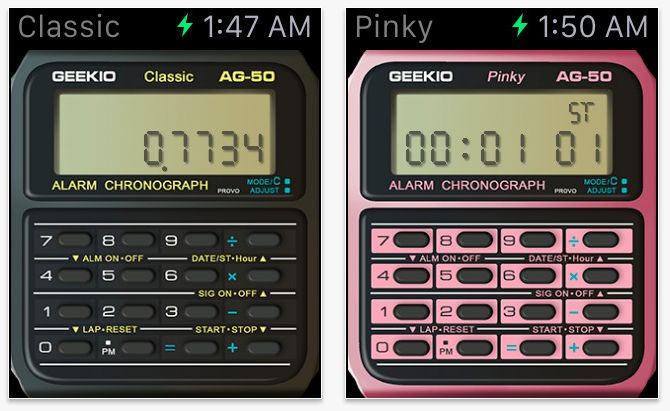

When you need to restart the program, you call static public method "Restart" that starts the loop again. One is to embed your whole program in some "Program" class, that essentially provides some loop that has your proper program. With a state machine you could have one initialisation state for cold startup where the system has only just been turned on, and a second initialisation state for a warm restart.ĭepending on what you mean by "restarting" the program, I can see few simple solutions.

So from that it should be clear that you don't actually want to kill and restart your program, because then you'll get exactly the behaviour you don't want. This is a key software concept, and you should know it if your teachers were any good at their job.Īs a side note, if your program takes 5s to initialise all your variables, it's still going to take 5s when you restart it. Look up what that is, and how to write one. In which case you need to use a state machine. What it sounds like you're asking for is how to write some code where, on a missed call, it loops back round to the initial state and restarts the whole call/location sequence. It sounds to me like you're asking the wrong question because you don't know enough about coding to ask the right question. call, the new binary found on disk, not the same old one, will be run instead.Īs and point out in the comments, due to the unique way in which Unix was designed, open file descriptors are kept across fork/ exec, and as a result in order to avoid leaking open file descriptors across calls to execve, you should either close them before execve or open them with e, FD_CLOEXEC / O_CLOEXEC in the first place - more information can be found on Dan Walsh's blog. In the case of a self-updating binary, since the entire binary (at least, on Unix-likes, I don't know about Windows) will be copied into memory at runtime, then if the file changes on disk before the execve(argv. In this way, the stack will never overflow, though all previous variables will be redeclared, just like with any reinvocation - the getchar call prevents 100% CPU utilisation. It neither recurses nor explicitly loops - instead, it just calls itself, replacing its own memory space with a new version of itself. kill me for using atoi, because it's generally awful, except for this sort of case. On Unicies, or anywhere else you have execve and it works like the man page specifies, you can just.


 0 kommentar(er)
0 kommentar(er)
